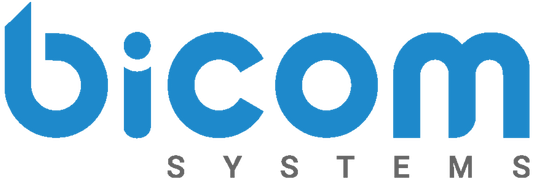MOTIVATION is essential for Call Center workers whose work is typically monotonous and done individually. The nature of Call Center work lends itself to decreased performance and a high turn-over rate. But a good motivator in the office can make all the difference and improve customer service, attendance, and staff retention.
Motivation is simply and easy if you keep some key factors in mind:

THE ROUNDED APPROACH
The Rounded Approach involves three key points to consider when motivating a team:
- Goal: You must define a clear goal of what needs to be done.
- Capability: Ensure that your team is able to complete that goal.
- Incentive: Offer a reward (or consequence) that your team responds to.
HYGIENE FACTORS
Clinical Psychologist Frederek Herzberg established the Hygiene Factors theory for team motivation. In this theory, some factors (known as hygiene factors) only motivate if taken away, while are factors (known as motivators) motivate when provided.
Hygiene Factors:
- Policy
- Office Relationships
- Work Conditions
- Salary
- Company Benefits
- Status
- Security
- Personal Life
Motivators:
- Achivement
- Recognition
- Work Accomplishments
- Responsibility
- Advancement
Find a way to give those motivators to your employees for a happier and more productive team.
CONSEQUENCES
Consequences motivate people to change their behavior and meet the given goals.
Consequences can come in many different forms:
- Positive – prizes or rewards to reinforce good behavior
- Negative – discipline or confiscation to punish poor behavior
- Immediate – today, this month, this quarter
- Future – next year, next season, down the road
- Certain – something that will definitely happen when the goal is reached
- Uncertain – a potential outcome that may or may not happen
The type of consequences that will have the most impact on your team are positive, immediate, and certain. For example, promising (certain) extra vacation days (positive) if the team meets this month’s sales goals (immediate) will motivate the team more than threatening potential (uncertain) pay cuts (negative) if sales do not improve over the coming months (future).
Positive consequences like prizes or rewards do not have to cost money. Other positive motivators can be forms of recognition like certificates or titles.
 THREE POINTS TO EFFECTIVE MOTIVATION
THREE POINTS TO EFFECTIVE MOTIVATION
- To be an effective motivator, you yourself must be motivated. A motivated leader will be evident to a team via confidence, passion, and enthusiasm, and will inspire motivation.
- Motivation necessitates measurable goals. This does not necessarily mean quantitative goals, but a way to determine whether or not the goal was met.
- Remember that motivation does not last indefinitely. It is not a one-time activity that will make its impact and last forever. Motivation must happen on a regular, even daily basis.
HOW IS YOUR TEAM WIRED
Different people are motivated in different ways. Determine where your team members fall on the following chart and work to motivate them in those ways.
PROBLEM FOCUS:
- Towards – Motivation towards something positive (a raise when goal is met)
- Long-Term – Goals for months or years out (an eventual promotion)
- Big Chunk – A big goal that is probably long-term (double sales)
SOLUTIONS FOCUS:
- Away From – Avoid an undesirable action (a pay cut)
- Short-Term – An immediate consequence or prize (extra day off this month)
- Small Chunk – Break goals and consequence down (increase sales by 10% to earn a bonus of $100 per week or $3 per sale)
If you follow the above steps you will be on your way to having a motivated team in no time. Want to read more? Visit Training Cheat Sheet – Motivating Teams from Call Centre Helper.
